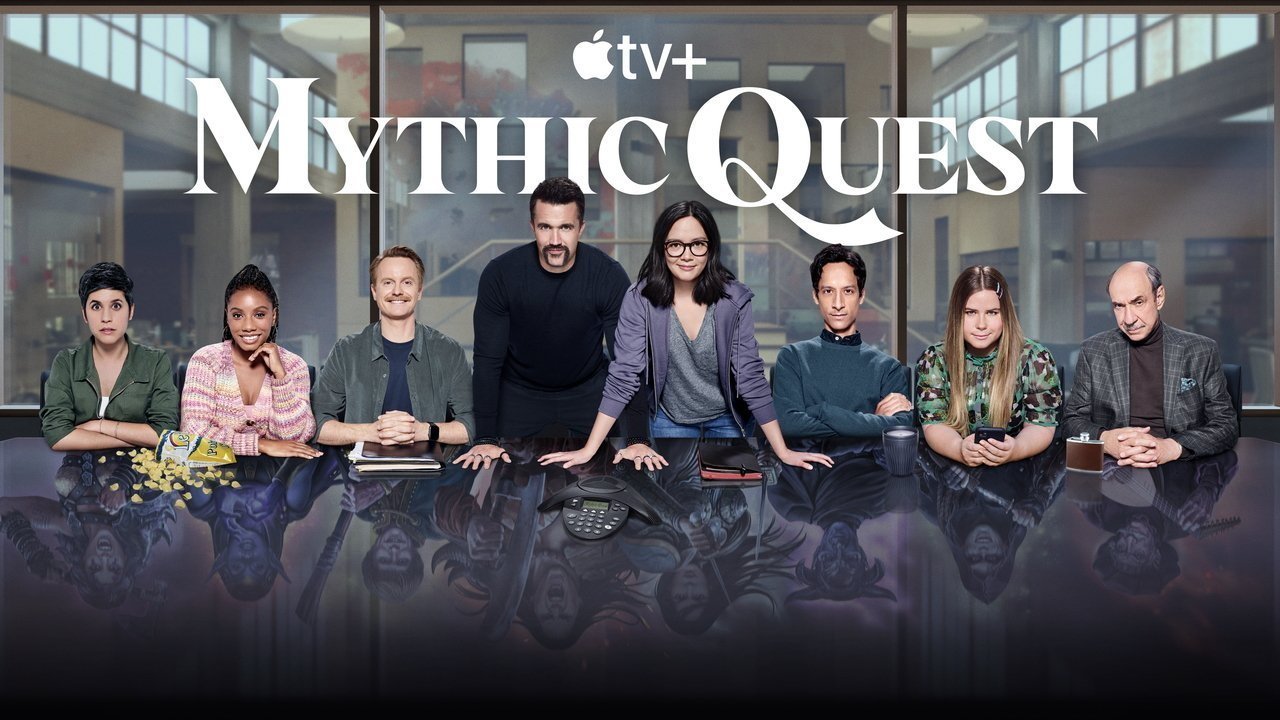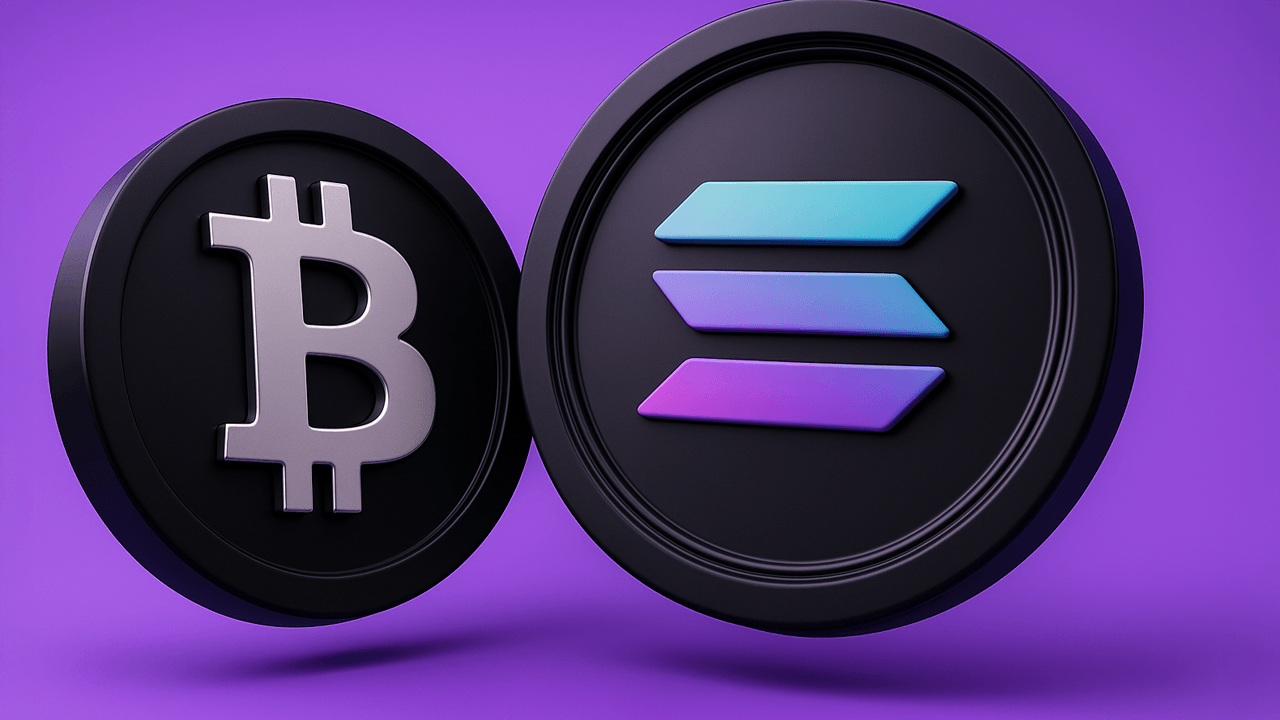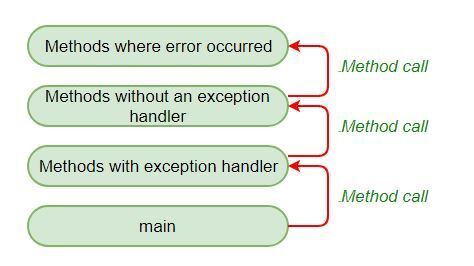Crafting a Business Plan for Your Tech Startup: A Developer's Guide
Starting a tech company is an exciting and ambitious journey, especially for developers who are passionate about solving problems with code. But turning a great idea into a sustainable business requires more than just building an app or launching a product—you need a solid business plan. A well-crafted business plan serves as your blueprint for growth, helping you align your vision with execution while attracting investors, partners, and early adopters. This guide is tailored specifically for developers, offering actionable advice on how to create a compelling and effective business plan for your tech startup. Why Developers Need a Business Plan As developers, we're often tempted to jump straight into the code. But without a clear business plan, even the most elegant code can fail to make an impact. A business plan helps: Clarify your business idea and objectives Identify your target audience Determine how you'll make money Plan for scaling and resource allocation Communicate your vision to stakeholders Whether you're seeking funding or bootstrapping, a business plan lays the groundwork for long-term success. Understand Your Problem and Solution Every great business starts with a problem worth solving. In the tech world, this often means identifying inefficiencies, pain points, or untapped opportunities that can be addressed through software or digital tools. Start your plan by clearly defining: The problem: What issue are you solving? Who is affected? The solution: How does your product or service solve that problem? As a developer, you may already have a prototype or MVP (Minimum Viable Product). Use that as a reference, but focus on the value proposition, not just the technical specs. Define Your Target Market Many startups fail because they try to serve everyone and end up resonating with no one. In your business plan, define a clear target audience. Consider: Demographics (age, profession, industry, etc.) Psychographics (values, goals, behaviors) Technical proficiency (especially important for SaaS or B2B tools) Use data from early user testing, surveys, or industry reports to back up your claims. This is also where personas can be useful—build profiles of ideal users and explain how your product addresses their specific needs. Analyze the Competition Understanding your competition is essential—not just to differentiate yourself, but to identify market gaps and improve your offering. Your competition analysis should include: Direct competitors: Companies offering similar solutions Indirect competitors: Other ways your target users currently solve the problem Your advantage: What makes your solution better or unique? Include tables or matrices if it helps to visualize the competitive landscape. Don’t just claim you’re “better”—show why and how. Outline Your Business Model How will your tech startup make money? This is one of the most important sections of your business plan, especially for investors. Common revenue models for tech startups include: Subscription (SaaS) Freemium with premium features Transaction fees or commissions Licensing Advertisements Explain how each model applies to your product, and justify your pricing strategy. If possible, reference similar products or market standards. Build a Go-To-Market Strategy Having a great product is just one part of the puzzle. Your business plan should detail how you'll actually reach customers and convert them. Include strategies for: Marketing (content, SEO, paid ads, social media, etc.) Sales (inbound, outbound, partnerships) Customer onboarding and retention This is where technical founders can really benefit from collaborating with marketers or advisors. The best tech in the world won’t succeed without the right growth strategy. Financial Projections and Funding Requirements Investors want to see that you’ve thought through your numbers. You don’t need a finance degree, but you should present realistic projections for: Revenue Expenses (fixed and variable) Break-even point Cash flow Also include how much funding you need, what it will be used for, and your planned runway. Use visuals like charts or spreadsheets to support your projections. If you’re not confident here, working with a Franchise Business Plan Consultant can provide industry insight and help you craft investor-ready financials. Team and Roles Highlight your team’s skills, especially those that support execution. As a developer, your technical skills are a huge asset—but investors and stakeholders also want to see business, marketing, and operational expertise. If you’re a solo founder, outline how you plan to cover gaps—whether by hiring, partnering, or contracting. Show that you understand what it takes to run a company, not just build a product. Milestones and Roadmap Set clear, achievable goals that demonstrate traction and progress. Your roadmap s

Starting a tech company is an exciting and ambitious journey, especially for developers who are passionate about solving problems with code. But turning a great idea into a sustainable business requires more than just building an app or launching a product—you need a solid business plan. A well-crafted business plan serves as your blueprint for growth, helping you align your vision with execution while attracting investors, partners, and early adopters.
This guide is tailored specifically for developers, offering actionable advice on how to create a compelling and effective business plan for your tech startup.
Why Developers Need a Business Plan
As developers, we're often tempted to jump straight into the code. But without a clear business plan, even the most elegant code can fail to make an impact. A business plan helps:
Clarify your business idea and objectives
Identify your target audience
Determine how you'll make money
Plan for scaling and resource allocation
Communicate your vision to stakeholders
Whether you're seeking funding or bootstrapping, a business plan lays the groundwork for long-term success.
Understand Your Problem and Solution
Every great business starts with a problem worth solving. In the tech world, this often means identifying inefficiencies, pain points, or untapped opportunities that can be addressed through software or digital tools.
Start your plan by clearly defining:
The problem: What issue are you solving? Who is affected?
The solution: How does your product or service solve that problem?
As a developer, you may already have a prototype or MVP (Minimum Viable Product). Use that as a reference, but focus on the value proposition, not just the technical specs.
Define Your Target Market
Many startups fail because they try to serve everyone and end up resonating with no one. In your business plan, define a clear target audience. Consider:
Demographics (age, profession, industry, etc.)
Psychographics (values, goals, behaviors)
Technical proficiency (especially important for SaaS or B2B tools)
Use data from early user testing, surveys, or industry reports to back up your claims. This is also where personas can be useful—build profiles of ideal users and explain how your product addresses their specific needs.
Analyze the Competition
Understanding your competition is essential—not just to differentiate yourself, but to identify market gaps and improve your offering. Your competition analysis should include:
Direct competitors: Companies offering similar solutions
Indirect competitors: Other ways your target users currently solve the problem
Your advantage: What makes your solution better or unique?
Include tables or matrices if it helps to visualize the competitive landscape. Don’t just claim you’re “better”—show why and how.
Outline Your Business Model
How will your tech startup make money? This is one of the most important sections of your business plan, especially for investors.
Common revenue models for tech startups include:
Subscription (SaaS)
Freemium with premium features
Transaction fees or commissions
Licensing
Advertisements
Explain how each model applies to your product, and justify your pricing strategy. If possible, reference similar products or market standards.
Build a Go-To-Market Strategy
Having a great product is just one part of the puzzle. Your business plan should detail how you'll actually reach customers and convert them.
Include strategies for:
Marketing (content, SEO, paid ads, social media, etc.)
Sales (inbound, outbound, partnerships)
Customer onboarding and retention
This is where technical founders can really benefit from collaborating with marketers or advisors. The best tech in the world won’t succeed without the right growth strategy.
Financial Projections and Funding Requirements
Investors want to see that you’ve thought through your numbers. You don’t need a finance degree, but you should present realistic projections for:
Revenue
Expenses (fixed and variable)
Break-even point
Cash flow
Also include how much funding you need, what it will be used for, and your planned runway. Use visuals like charts or spreadsheets to support your projections. If you’re not confident here, working with a Franchise Business Plan Consultant can provide industry insight and help you craft investor-ready financials.
Team and Roles
Highlight your team’s skills, especially those that support execution. As a developer, your technical skills are a huge asset—but investors and stakeholders also want to see business, marketing, and operational expertise.
If you’re a solo founder, outline how you plan to cover gaps—whether by hiring, partnering, or contracting. Show that you understand what it takes to run a company, not just build a product.
Milestones and Roadmap
Set clear, achievable goals that demonstrate traction and progress. Your roadmap should include:
Product development phases
Customer acquisition goals
Key hires
Funding rounds
Expansion plans
Use timelines or Gantt charts if it helps illustrate your plan. The goal is to show that you’re not only thinking big, but also executing strategically.
Appendix and Supporting Materials
Depending on your audience, you may want to include extra details in an appendix:
Wireframes or screenshots
Technical architecture (brief overview)
Market research reports
Letters of intent from beta users or partners
Legal documents or IP filings
Keep the main document clean and focused, but make additional info available if needed.
Final Thoughts
Creating a business plan may feel outside your comfort zone as a developer, but it’s one of the most powerful tools for turning your startup idea into a viable, scalable business. Think of it as coding your vision into reality—only this time, the output isn’t a web app or API, but a roadmap to success.
Whether you're pitching to investors, applying to accelerators, or just trying to organize your own thoughts, a strong business plan sets the foundation for everything that follows. Don’t treat it as a formality—treat it as a strategic asset.










































































































































































![[The AI Show Episode 143]: ChatGPT Revenue Surge, New AGI Timelines, Amazon’s AI Agent, Claude for Education, Model Context Protocol & LLMs Pass the Turing Test](https://www.marketingaiinstitute.com/hubfs/ep%20143%20cover.png)





























































































































![From Accountant to Data Engineer with Alyson La [Podcast #168]](https://cdn.hashnode.com/res/hashnode/image/upload/v1744420903260/fae4b593-d653-41eb-b70b-031591aa2f35.png?#)




































































































.png?#)













































































































































![Apple Watch SE 2 On Sale for Just $169.97 [Deal]](https://www.iclarified.com/images/news/96996/96996/96996-640.jpg)

![Apple Posts Full First Episode of 'Your Friends & Neighbors' on YouTube [Video]](https://www.iclarified.com/images/news/96990/96990/96990-640.jpg)
































































































































